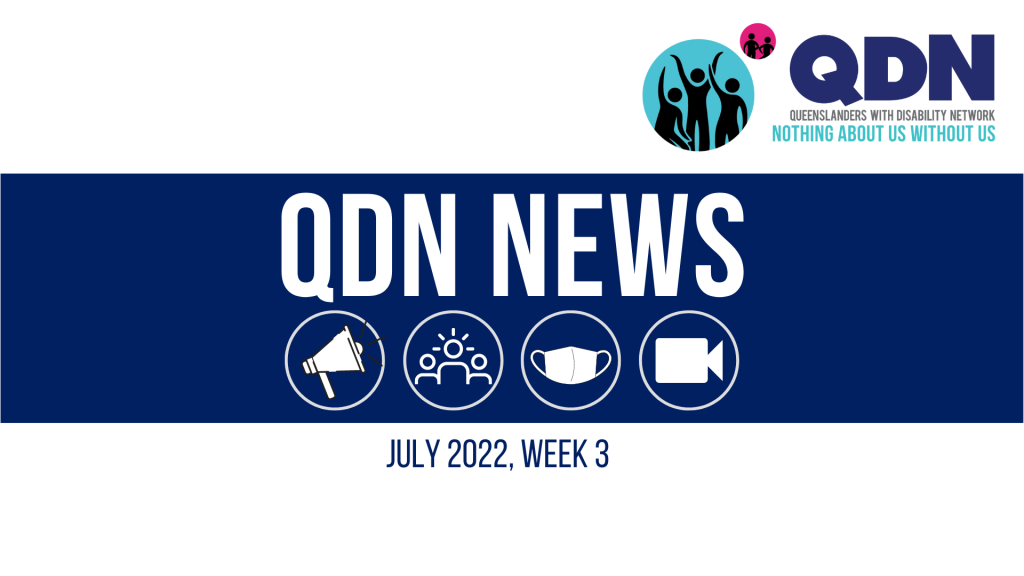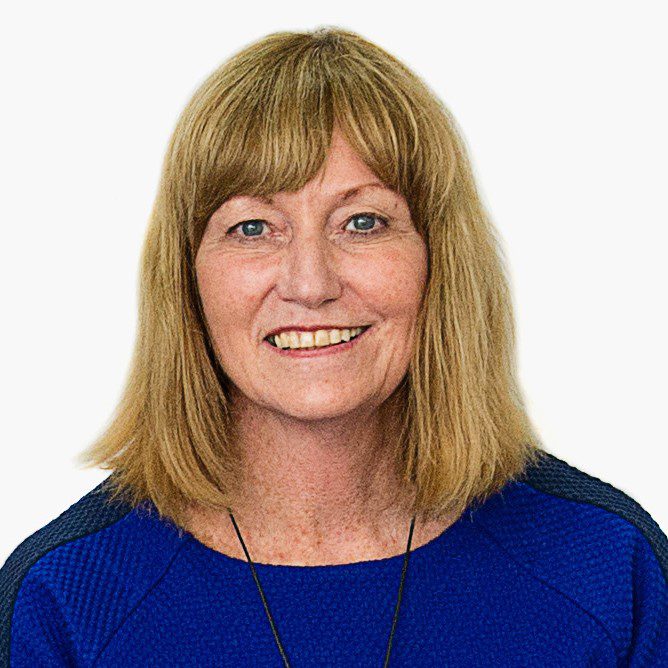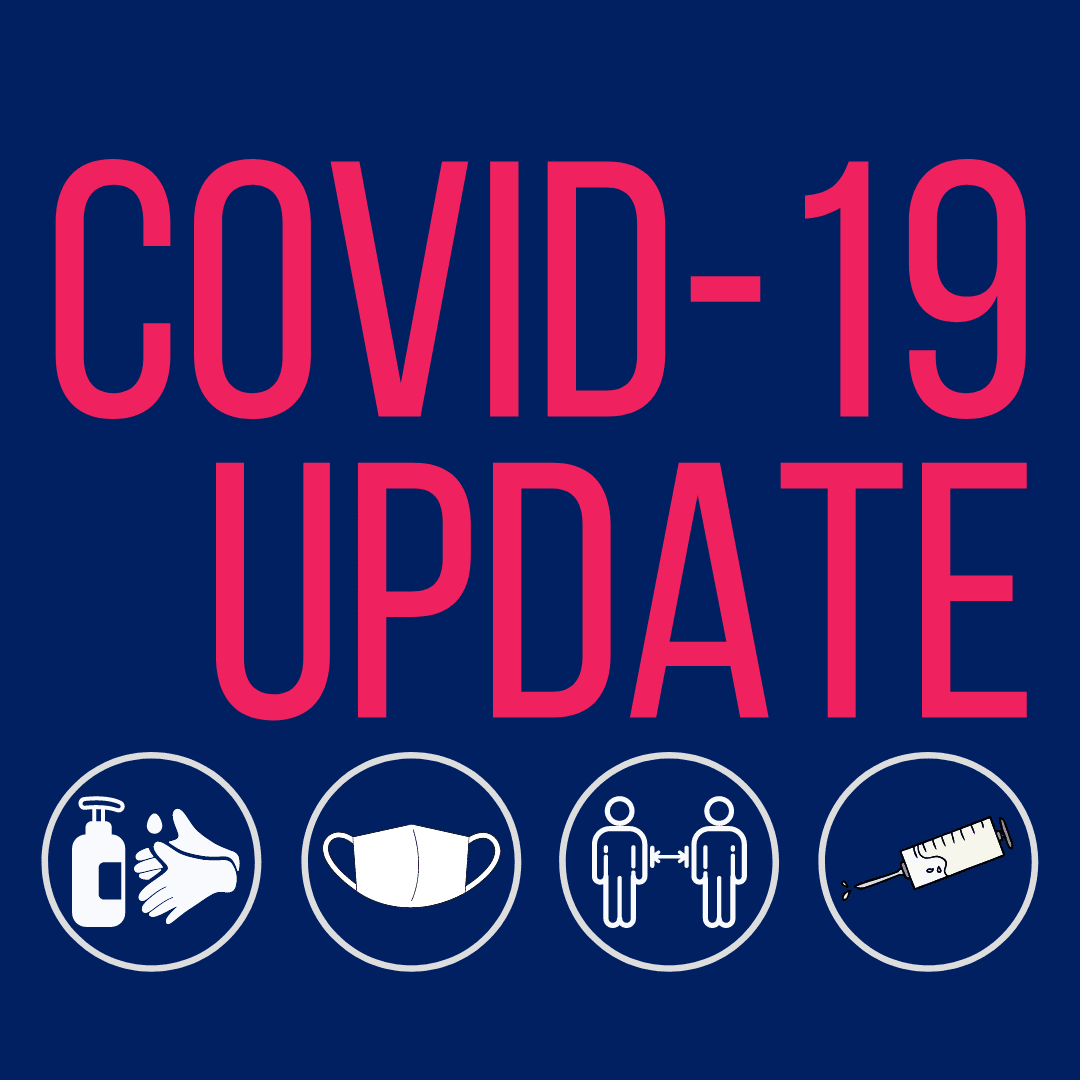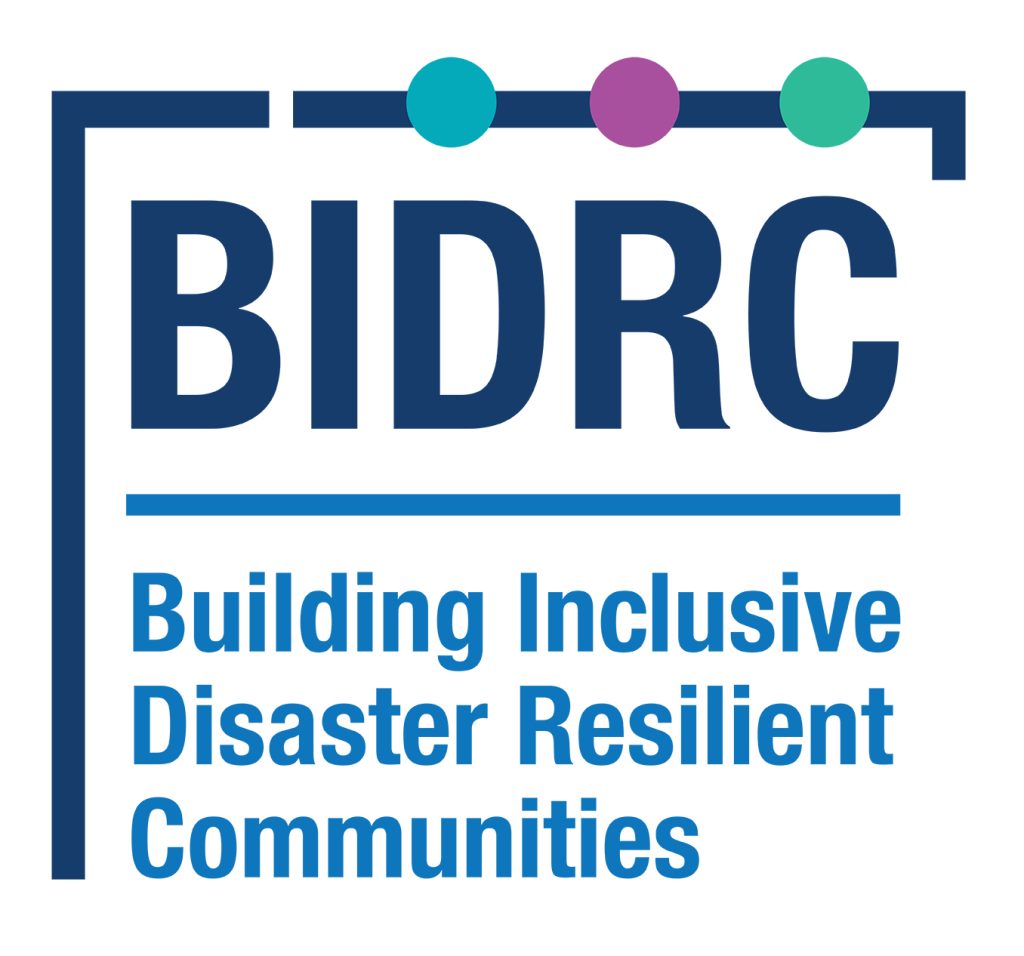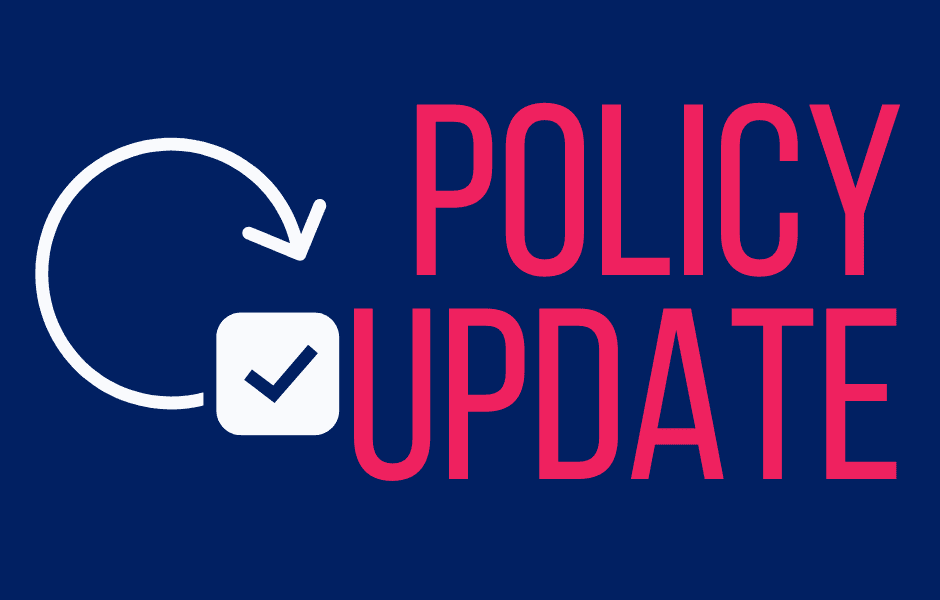QDN e-News Video Update - July 2022 Week 3
CEO Announcement
QDN's CEO Paige Armstrong will announce in this video edition of QDN e-News that she will be going on long service leave from Monday 25 July 2022. During her leave period of three months Michelle Moss, Director Policy and Strategic Engagement will be stepping into the role of CEO whilst Paige goes on long service leave.
COVID-19 Update
With another wave upon us and high level of COVID-19 circulating within the community, it is important that you keep up-to-date with the changing situation and ways to keep safe. It is now recommended that people over 16 with disability and/or complex health needs are strongly encouraged to take up their fourth vaccination to reduce the risk of COVID illness and increase their protection into the winter months. The Commonwealth 'in-reach' COVID-19 vaccination program will continue until 30 October for all disability services.
It is also being strongly recommended that people get their Flu vaccinations for influenza, as well as their COVID vaccinations. You can read more information here
Antiviral treatments are now widely available for people with disability and immunocompromised people who are at risk of poor recovery outcomes. These can be accessed within the first five days of a COVID positive result for best outcomes. It’s really important that you speak to your GP before you get COVID-19 to work out a plan for you and if antivirals are part of your recommended treatment options. Make sure you have a plan for COVID-19. You can view our COVID-19 Person Centred Emergency Preparedness Planning (PCEP) plan here.
Queensland Health have resources that have been created for people with disability with the assistance of QDN.
Building Inclusive Disaster Resilient Communities
QDN is excited to be working with University of Sydney and Community Services Industry Alliance on a new project around disability inclusive disaster planning. We are going to be working in 5 local government areas- Scenic Rim, Lockyer Valley, Somerset, Southern Downs and Livingstone. The project is called Building Inclusive Disaster Resilient Communities and we look forward to working with people with disability, disability and community service providers, local councils and emergency services in these communities starting in August and September. Watch this space for more information!
Expressions of Interest for QDN Board of Directors
The 2022 Annual General Meeting will include the election of four Directors to the QDN Board. This week we communicated with all our members and we would like to invite Expressions of Interest from Members who are keen to advance their leadership skills for the benefit of Queenslanders with disability.
We value a diversified and representative board, and we especially encourage and invite members residing in regional, rural and/or remote Queensland to apply. We wish to have a board with a balanced representation of gender with knowledge and lived experience of physical, cognitive, sensory and/or social/emotional disability. We invite our younger members to put themselves forward, and encourage people who identify as LGBTIQA+, or who bring a differing cultural and/or socio-economic perspective. Closing date is 4PM Monday 22 August 2022, click below to read more and to apply.
Policy Matters
This e-News policy matters covers:
Royal Commission focuses on the experience of First Nations people from remote and very remote locations
The royal commission has focused this week on the experience of First Nations people with disability from remote and very remote location, with the hearing located in Alice Springs. There are over 66,000 First nations people with ‘profound or severe’ disability, and 13% of them reside in remote or very remote locations.
Key issues raised by initial witnesses highlight the failure of the market in remote and very remote areas to provide disability services and have resulted in many first nations people having to relocate due to the lack of services, away from country, culture and family connections.
Other issues include difficulty in navigating the NDIS, when there are no NDIS representatives available, the inability to get access to essential repairs of assistive equipment such as wheelchairs, a lack of flexibility in NDIS responses and lack of recognition of cultural and language requirements of First Nations people, including having access to interpreters of Aboriginal cultural languages for First Nations deaf and hard of hearing communities.
The NDIS needs greater flexibility and cultural understanding to incorporate family centred approaches to funding support to better reflect cultural practices and acknowledge the important role of family in providing care for people. First Nations people would prefer their support to be provided by community-controlled organisations that have more of a cultural focus.
Find out more and here
Delivering social housing services report
The Queensland Audit Office has released a report that examines whether social housing is being effectively managed by the Department of Communities, Housing and Digital Economy to meet the needs of vulnerable Queenslanders requiring affordable housing.
The report found that the social housing list has increased by 78% since 2018, to around 31,000 households, and although the Queensland government has committed to funding the construction of at least 6,375 new social housing dwellings by 2025, this would not meet the growing demand. Over 60% of these people are classified as very high need. With the housing market under increasing pressure, compounded by the cost of living, interstate migration, natural disasters as well as major future events such as the 2032 Olympics, the need for social housing for vulnerable Queenslanders has increased significantly.
The report made eight recommendations, that have all been welcomed and accepted by Minister Enoch. These include recommendations that the department needs to undertake modelling to forecast future social housing need, at both a state and regional levels; to better monitor the social housing register so that need and demand are clear (with over 20% of people currently on the register uncontactable or no longer requiring social housing), and to better manage existing tenants so that housing reflects peoples changing needs and support people into other housing where appropriate.
Queensland Walking Alliance
QDN has recently become a member of Queensland Walks, a community-based membership organisation and volunteer group set up to improve conditions for walking in Queensland through advocacy, education, campaigns and coordinating local groups to be a stronger voice for change so that everyone can experience the positive benefits of walking for health and wellbeing.
August is Queensland Walks Month! QDN member Elisha Mathews is a Community Walking Correspondent for Brisbane, and Queensland Walks will be releasing videos and resources over the next few weeks showcasing the work of correspondents. So keep checking the website for more details.
We encourage QDN members to become Community Walking Correspondents, by telling your story of where you walk, why you walk and what could be improved in the places where you walk, roll and stroll! You can use photo of video to tell your story, talk to your neighbours, local councilor, state/federal members or even the media about what could make it more enjoyable to walk in your street, town or city. Find out more about being a Community Walking Correspondent on the Queensland Walks website - https://queenslandwalks.org.au/communitywalker/
RACQ Safer Pathways Survey – have your say!
The QWA is partnering with RACQ to conduct its first Safer Pathways Survey to better understand how people walk, cycle, and use mobility devices and scooters in their local area. The survey is to learn where pathways are unsafe or need repair or cannot use. The survey will help understand where there are ‘hotspots’ across the transport network, help advocate for aa better active transport network and facilities and help government priorities future projects and upgrades.
You can access the survey here and help highlight areas in your local community that need improvement.
Fourth COVID-19 vaccinations and antivirals
It is now recommended that people over 16 with disability and/or complex health needs are strongly encouraged to take up their fourth vaccination to reduce the risk of COVID illness and increase their protection into the winter months.
The Commonwealth in-reach COVID vaccination program will continue until 30 October for all disability services.
It is also being strongly recommended that people get their Flu vaccinations for influenza, as well as their COVID vaccinations. You can read more information here
Antiviral treatments are now widely available for people with disability and immunocompromised people who are at risk of poor recovery outcomes. These can be accessed within the first five days of a COVID positive result for best outcomes. It’s really important that you speak to your GP before you get COVID-19 to work out a plan for you and if antivirals are part of your recommended treatment options. Make sure you have a plan for COVID-19. You can view our COVID-19 Person Centred Emergency Preparedness Planning (PCEP) plan here.
Ryan’s rule
QLD Health has released a stakeholder kit that has been developed to assist in communicating important information about Ryan’s Rule to people with disability, carers, and the disability workforce. Ryan’s Rule is a process that encourages you to raise your medical concerns with your health care team, especially if you feel like you are not getting better. You know best about your body and health and how you are feeling. To download the resources, go to the Queensland Health Asset Library. Google Chrome and Microsoft Edge are best for viewing and downloading the resources.
Creating systems that increase dignified experiences for people with disability
The Dignity Project is a research and advocacy initiative of Griffith University and a flagship program
at the Hopkins Centre, developed in response to research that revealed that people with disability experience violations of dignity and inadvertent harm through their systems of care. The Dignity Project is led by people with disability and academic researchers in partnership to deliver meaningful outcomes and social change which promote dignity.
They have just released a resource that has been developed for policymakers, system and service managers who have an interest in ensuring that the systems and services that they design and manage promote dignified experiences for people with disability. You can access the full resource here .
Extension of Pandemic Leave
The Fair Work Commission (FWC) has decided to extend the Schedule X Pandemic Leave provisions for a number of care sector awards including the Social, Community, Home Care and Disability Services Award (SCHADS) 2010 that cover the most vulnerable and at-risk sectors to 31st December 2022. To be eligible for Pandemic leave you must meet the following eligibility requirements:
- you’re at least 17 years old and live in Australia
- you’re an Australian resident or hold a visa that gives you the right to work in Australia
- you’re living in Australia during your self-isolation, quarantine or caring period
- you’re living in Australia at the time of your claim
- you’re unable to work and lost at least 8 hours or a full day’s work in a 7 day period of self-isolation, quarantine or caring
- you have no sick leave entitlements, including pandemic sick leave, personal leave or leave to care for another person
- you have liquid assets of less than $10,000 on the first day of the period you’re claiming for.
You can find out more about Pandemic Leave and how to apply at the Services Australia website Pandemic Leave Disaster Payment - Services Australia

